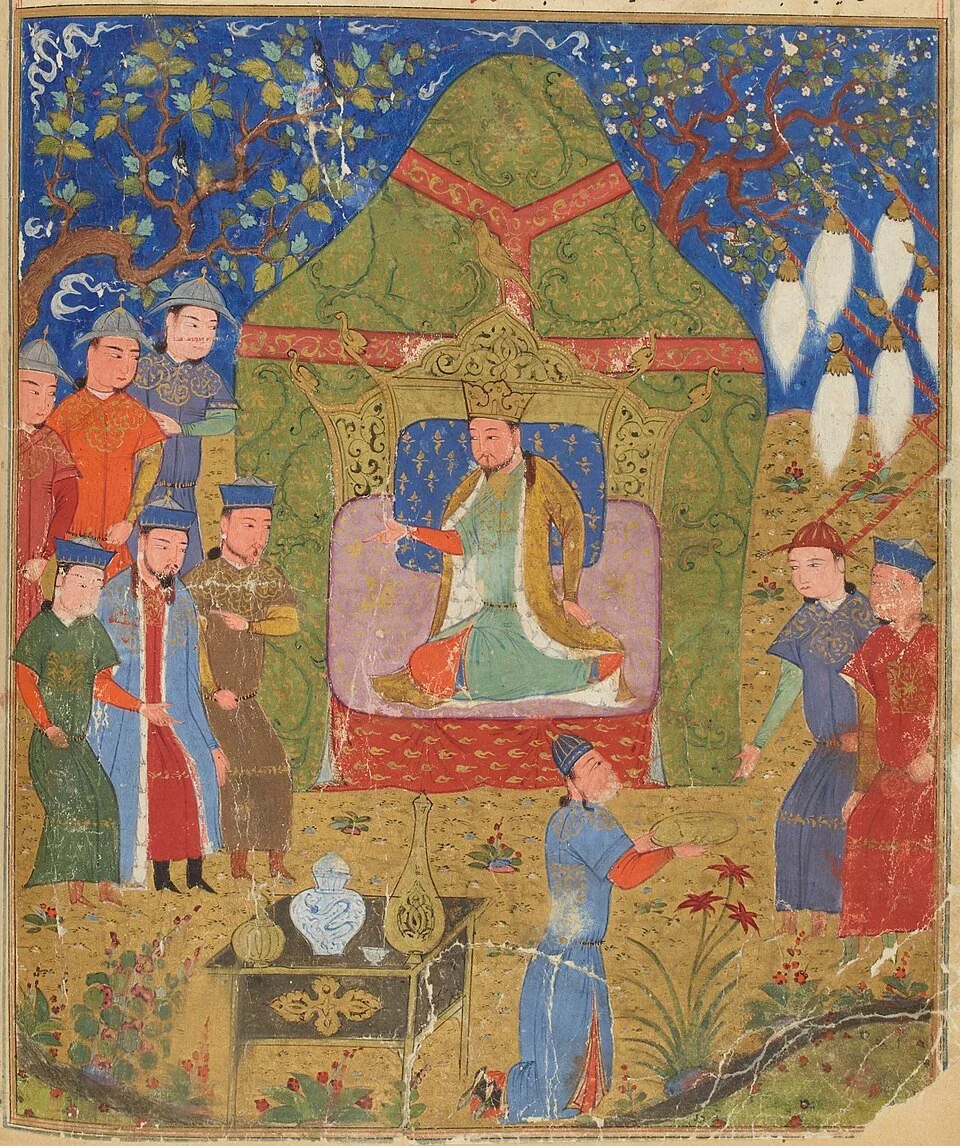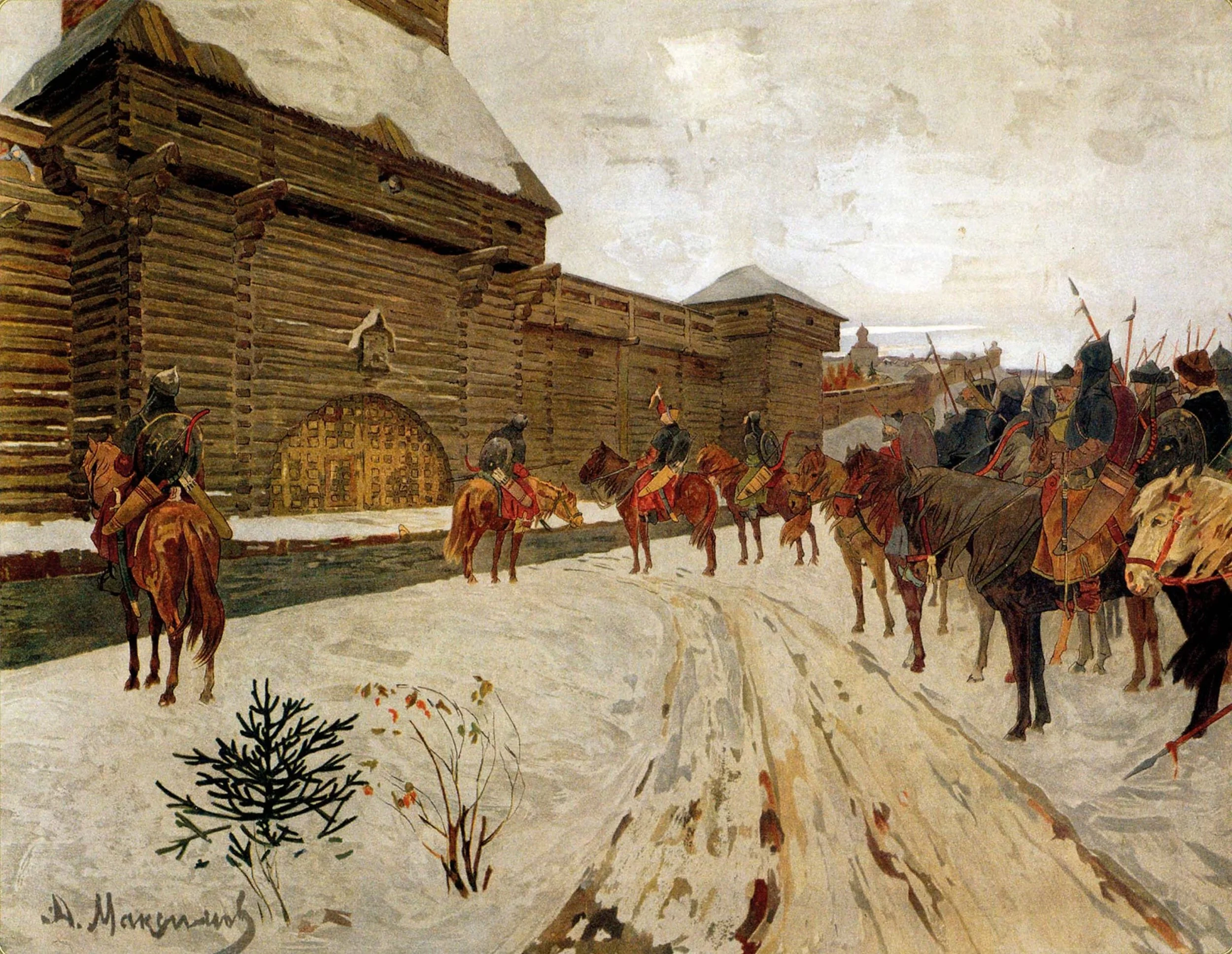-

Ancient Nomads
Long before any empire rose, powerful tribes and early steppe kingdoms formed the foundation of nomadic culture. This era set the stage for Mongolia’s unique way of life and its warrior-horseman traditions.
-

The Mongol Empire
The era of Chinggis Khan and his successors. This is the most defining and world-changing period, when the Mongol Empire became the largest contiguous empire in history and reshaped trade, warfare, and cultural exchange across Eurasia.
-

Fragmentation and the Later Khanates
After the empire split, regions like the Golden Horde, Yuan remnants, and Oirat states emerged. Power shifted often, but nomadic identity remained strong. This period kept the steppe world active and influential.
-

The Manchu / Qing Dynasty Rule
Mongolia came under the Qing Empire for about 200 years. This era changed social structures, altered political control, and set the groundwork for the independence movements that would follow.
-

Modern Era
From the 1911 independence movement to the 1921 revolution, Soviet influence, and finally the peaceful democratic transition in 1990, this era reshaped Mongolia into the modern, independent nation it is today.